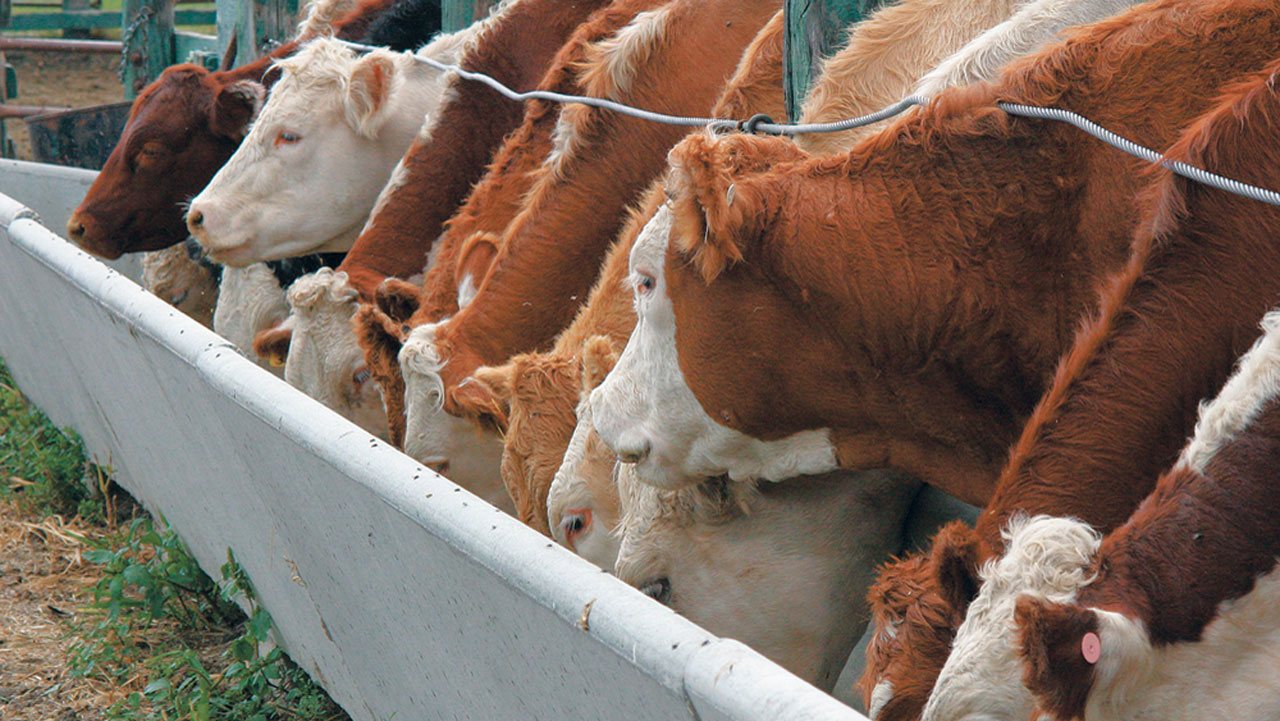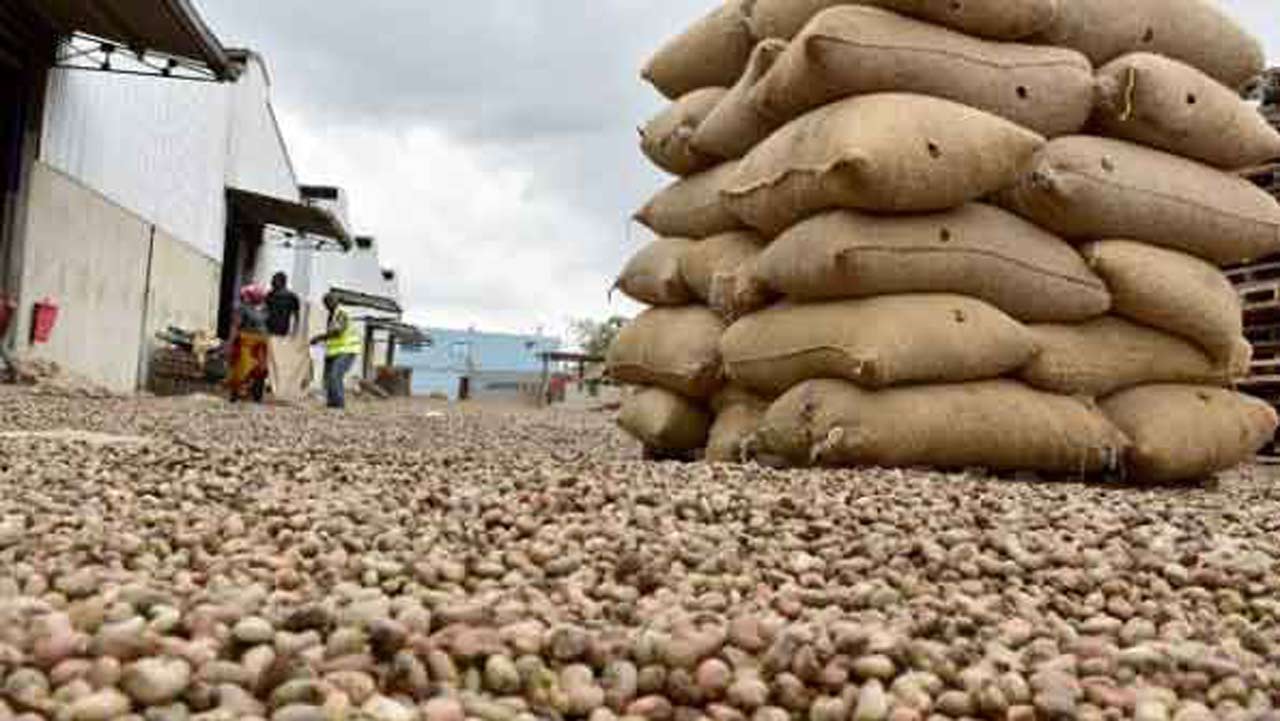The Federal Government has issued 867 mining licences in the first quarter of 2025, generating over ₦6.95 billion in licensing revenue, as part of a broader reform drive aimed at promoting value addition and local processing in Nigeria’s mining sector.
Minister of Solid Minerals Development, Dele Alake, disclosed this on Wednesday during the opening of the 4th African Natural Resources and Energy Investment Summit in Abuja.
He stated that the reforms, which include tighter enforcement and new licensing conditions, are yielding tangible outcomes in revenue and investment inflows.
Alake said: “We have implemented sweeping reforms to formalise mining and boost domestic value addition. New policies now require every mining licence to include a plan for local processing, and we have increased enforcement.”
He explained that 955 applications were processed in the first quarter, of which 867 were approved—comprising 512 exploration licences, 295 small-scale mining leases, 60 quarry leases, and five large-scale mining leases.
According to him, the move has already attracted over $800 million in processing-related investments in 2023 alone.
The minister urged other African nations to follow Nigeria’s example by halting the export of raw minerals and focusing instead on domestic industrialisation and job creation.
“We seek to build a future where Africa’s natural wealth serves as a driving force for industrial growth, equity, and sustainable development,” Alake said, adding that African countries must develop internal capacity for mineral beneficiation to benefit fully from their natural resources.
He also announced that Nigeria had signed an agreement to establish a lithium-ion battery manufacturing and processing plant and is planning electric vehicle assembly facilities, as part of the country’s shift toward green energy.
The minister said sector revenue rose from ₦6 billion in 2023 to ₦38 billion in 2024 due to reforms, increased licensing fees, and a crackdown on illegal mining.
Alake linked the reforms to President Bola Tinubu’s Renewed Hope Agenda, which prioritises industrialisation and local content development. “The renewed governance framework has given investors more confidence, and this is evident in the volume of investment we are now seeing,” he said.
Speaking on regional collaboration, Alake highlighted the recent adoption of the African Mineral and Energy Resources Classification and Management System (AMREC) and the Pan-African Resources Reporting Code (PARC) by African mining ministers.
He said the unified framework will improve resource reporting, attract financing, and foster cross-border investment in mineral development.
“Let this summit be the place where bold commitments are made, and where value addition becomes a shared continental goal,” he added.
In his remarks, Kenya’s Cabinet Secretary for Mining, Hassan Joho, said African governments must cooperate to harness their mineral resources to create jobs and drive development.
“It’s time for African countries to work together in creating jobs and wealth that can transform the region and its people,” he said.
Also speaking, Faruk Yusuf Yabo, Permanent Secretary at the Ministry of Solid Minerals Development, said the summit presents an opportunity for African nations to align their development strategies with environmental, social, and governance standards.
Meanwhile, Minister of Power Adebayo Adelabu announced that the federal government would prioritise local manufacturers to address Nigeria’s electricity needs. He said the government is promoting local content across the electricity value chain to improve domestic capacity and reduce reliance on imports.
Adelabu noted that reforms under the Electricity Act 2023 had enabled 11 states to assume regulatory control over their power markets, spurring competition and investment. He said cost-reflective tariff adjustments have led to a ₦700 billion increase in revenue, pushing total market revenue from ₦1 trillion in 2023 to ₦1.7 trillion in 2024.
He further highlighted initiatives like the Energising Education Programme, the DARES project targeting over 17.5 million Nigerians through decentralised electrification, and $5.91 million secured for 23 mini-grid projects through the Africa Mini-Grid Programme.
The minister said new training and testing centres, including meter stations in Kano and Benin and capacity development through the National Power Training Institute, are preparing local technicians for Nigeria’s transition to sustainable energy.






